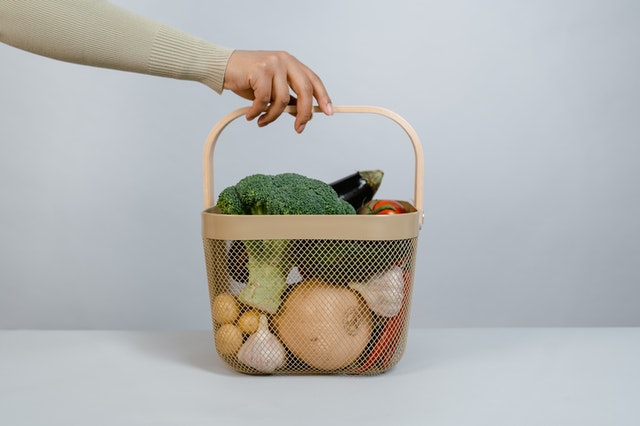Include these five summer foods in your pregnancy diet if you plan on having children. They’ll support your continued wellness! You must include fruits and vegetables in your diet while you are pregnant.
Pregnant women are typically extra cautious about their consumption during pregnancy, regardless of the season. After all, a healthy diet is essential throughout this stage of life. In addition, while the baby is still inside the mother’s womb, it gets all the nutrients from what the mother eats. Therefore, it is always advantageous to know about a healthy pregnancy diet. So, which foods are the best to eat this summer during pregnancy? Let’s explore.
Summer Diet for Pregnant Women
To concentrate on a child’s healthy development, a mother should lead a healthy lifestyle while expecting. The dangers of dehydration increase during the summer when most people prefer to eat less and exercise less. The health of the infant may suffer as a result. Here are five summertime foods you must eat to have a healthy pregnancy.
- Leafy Greens
Important minerals like iron, folate, and calcium are abundant in leafy greens like kale, spinach, and broccoli. Folate can help lower the risk of birth abnormalities and is crucial for fetal development, especially in the early stages of pregnancy. While calcium is vital for fetal bone growth, iron is crucial for creating red blood cells and helps avoid anemia throughout pregnancy.
- Fruits
Fruits, including berries, bananas, apples, oranges, and pears, offer essential vitamins and minerals like potassium, fiber, and vitamin C. Potassium is crucial for sustaining healthy blood pressure and fluid balance. In contrast, vitamin C aids in iron absorption and maintains a strong immune system.
- Lean protein
Iron, zinc, and vitamin B12 are in lean protein sources such as chicken, fish, turkey, and tofu. Zinc is needed for fetal immune system development and cell proliferation, while the iron is necessary for fetal growth and development. In addition, the development of the nervous system and the brain in fetuses depends on vitamin B12.
- Whole grains
Complex carbs and fiber are found in whole grains, including whole wheat bread, quinoa, and brown rice. In addition to providing energy, complex carbs can assist control of blood sugar levels, and fiber can aid in healthy digestion and prevent constipation.
- Nuts and seeds
Nuts and seeds like walnuts, chia seeds, almonds, and flax seeds offer protein, good fats, and essential vitamins and minerals, including magnesium and vitamin E. Vitamin E, is crucial for fetal cell growth and development. Healthy fats can assist the development of the fetus’s brain. Magnesium can maintain healthy muscle and nerve function and help control blood pressure.

